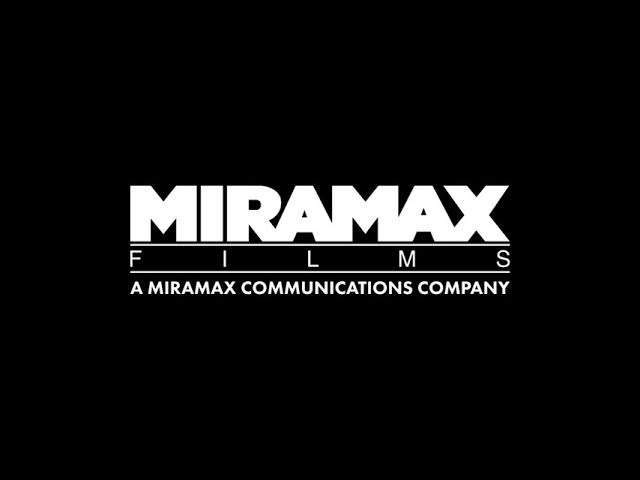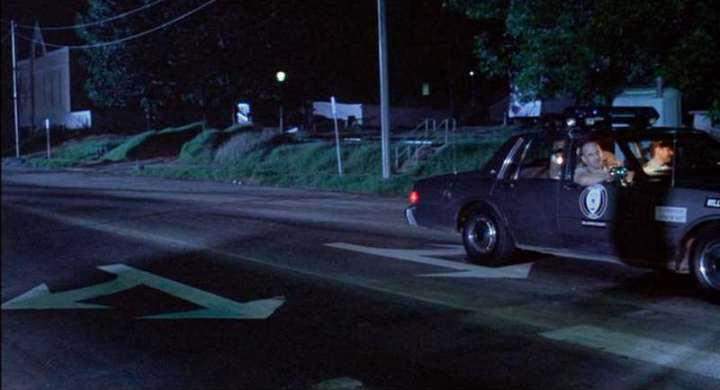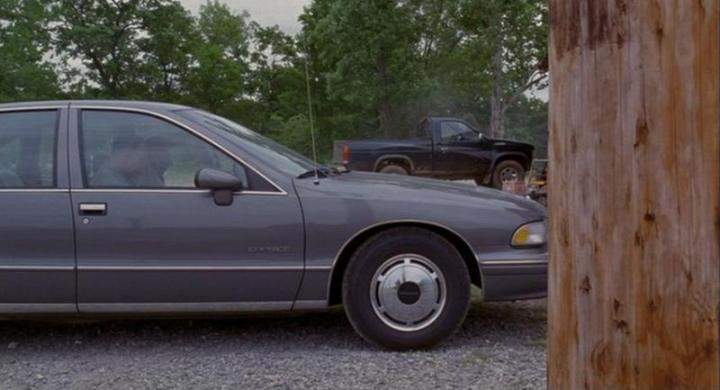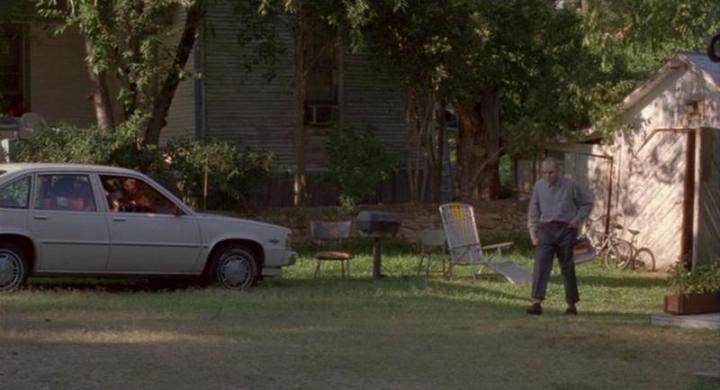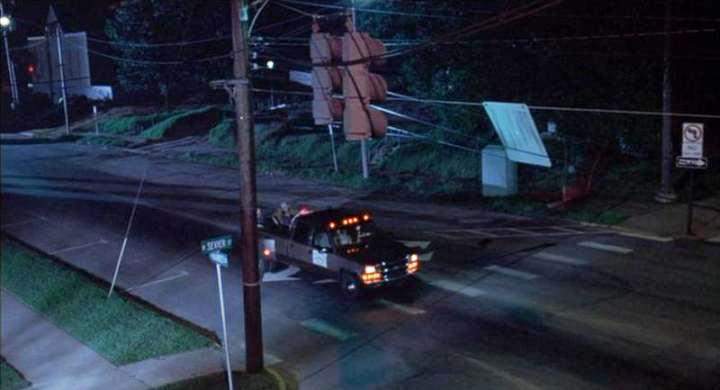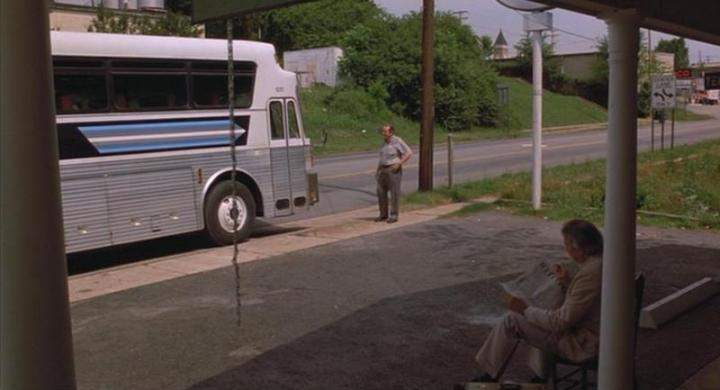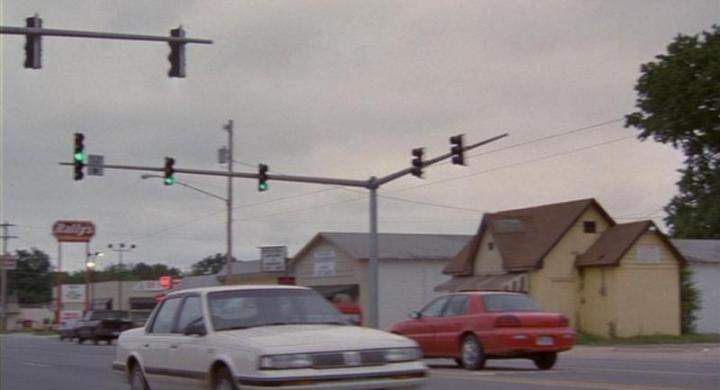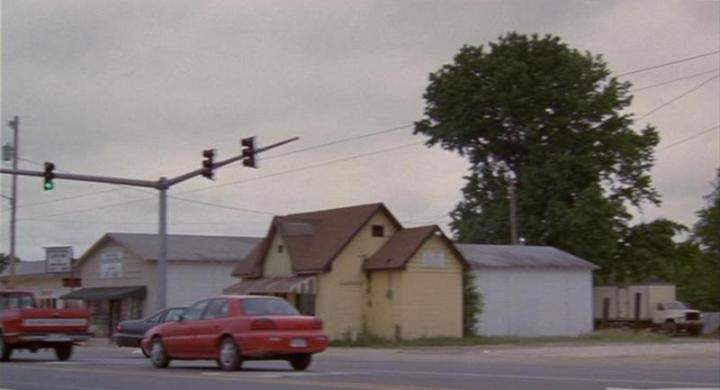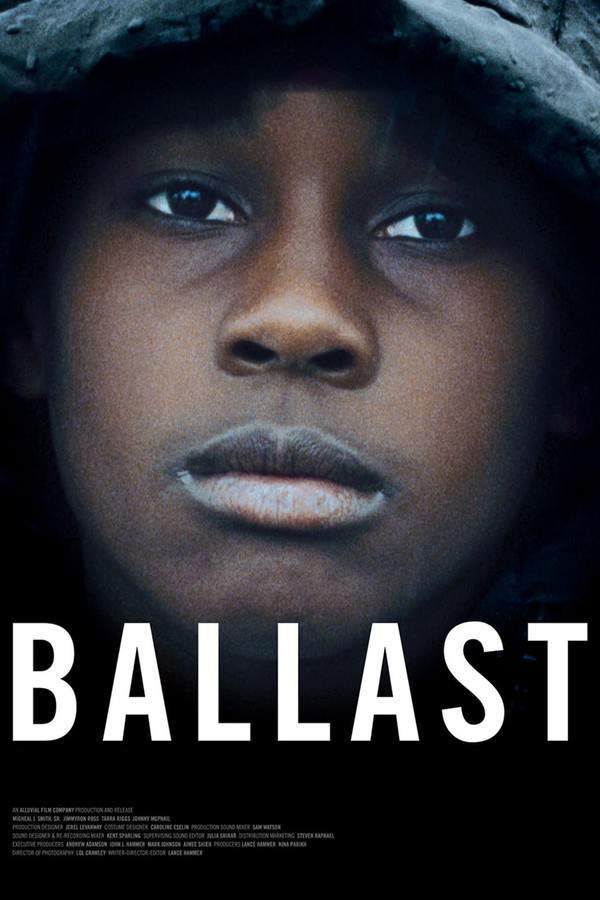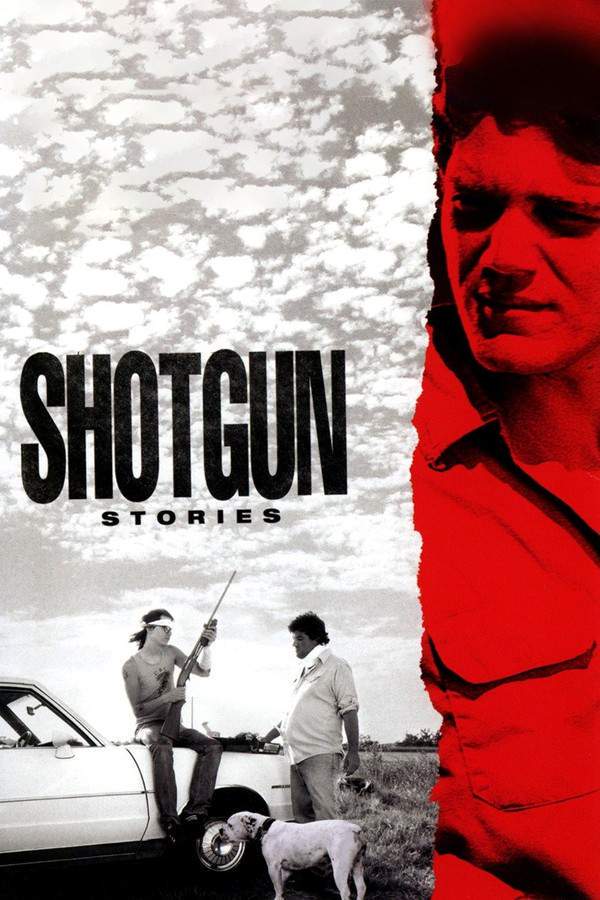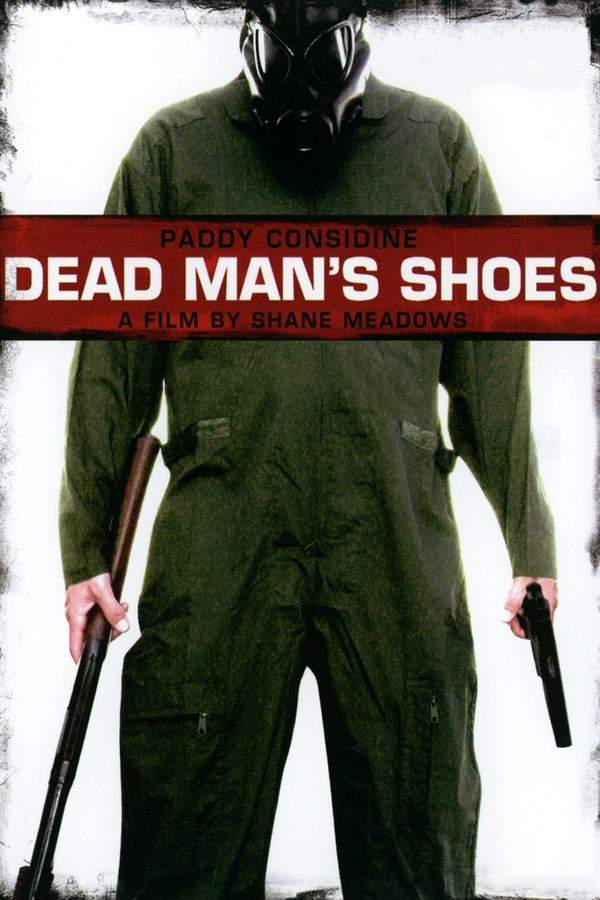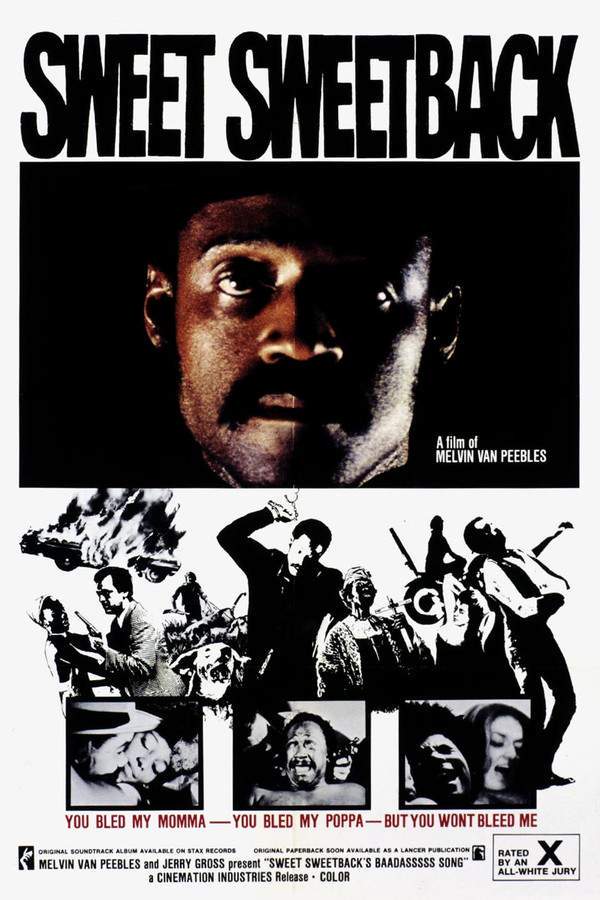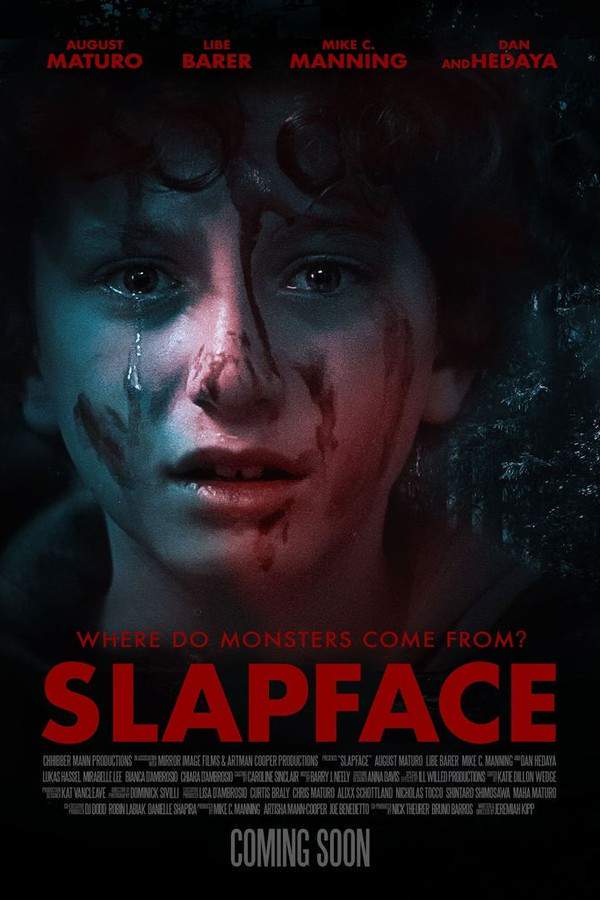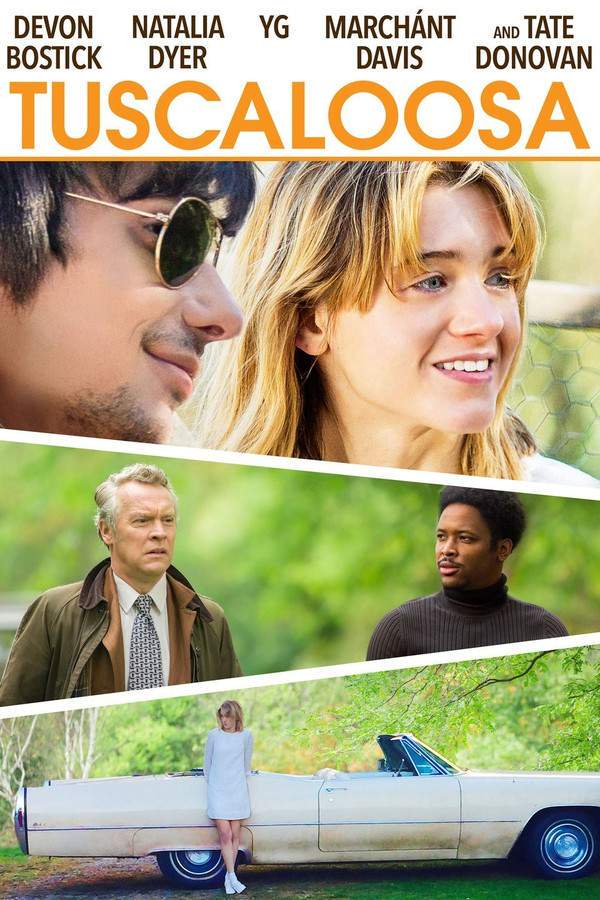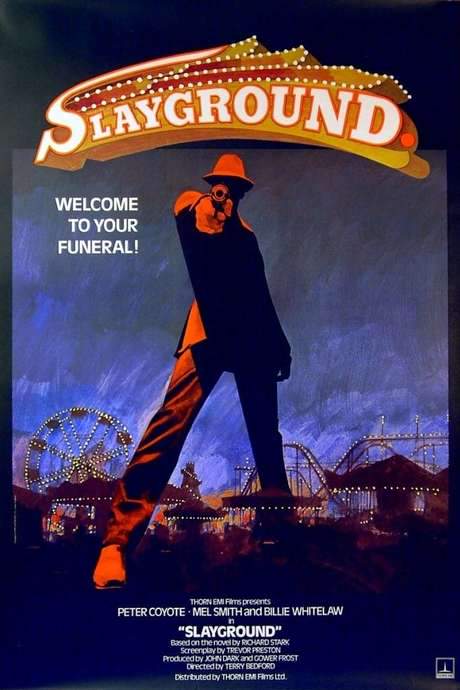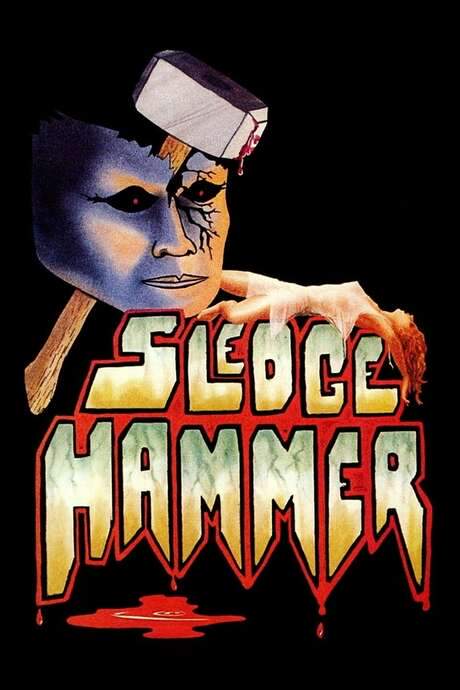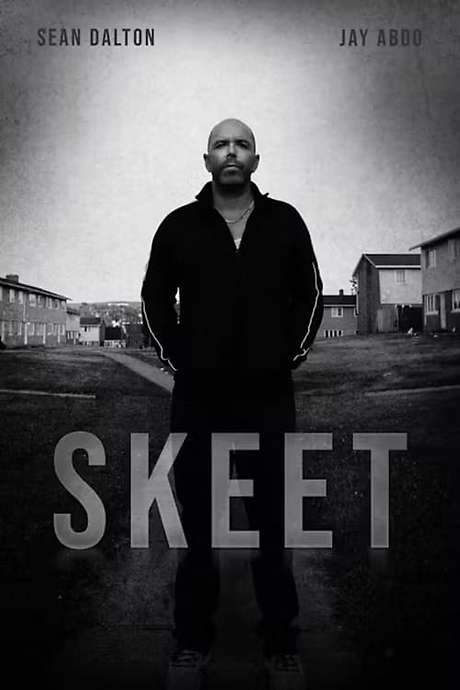Sling Blade 1996
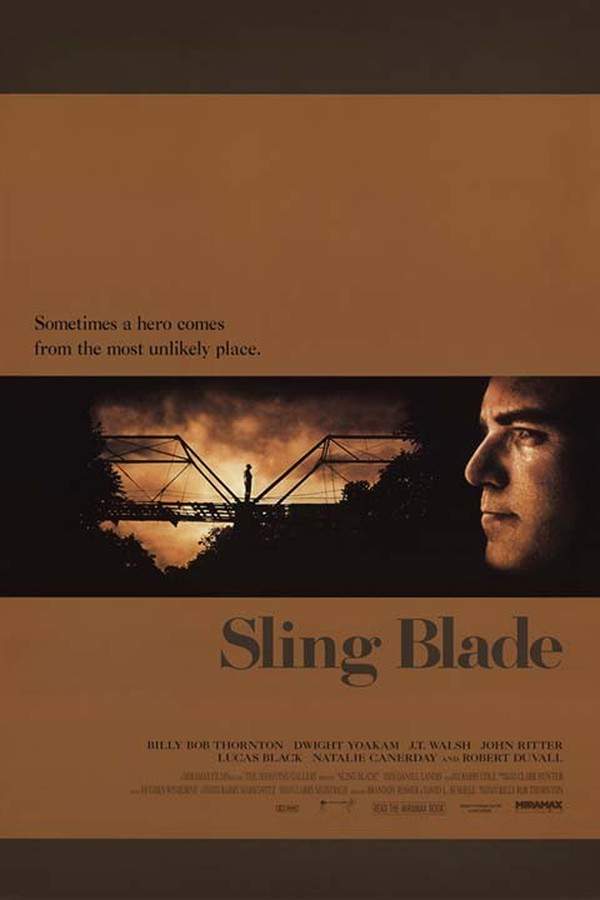
Having spent 25 years in an institution, Karl returns to his rural hometown, seeking a quiet life. He develops a tender connection with a young boy and his struggling mother. However, the arrival of the boy's abusive father threatens their fragile peace, forcing Karl to confront a dangerous situation and protect the family he has come to care for, with profound and lasting repercussions.
Does Sling Blade have end credit scenes?
No!
Sling Blade does not have end credit scenes. You can leave when the credits roll.
Meet the Full Cast and Actors of Sling Blade
Explore the complete cast of Sling Blade, including both lead and supporting actors. Learn who plays each character, discover their past roles and achievements, and find out what makes this ensemble cast stand out in the world of film and television.
External Links and Streaming Options
Discover where to watch Sling Blade online, including streaming platforms, rental options, and official sources. Compare reviews, ratings, and in-depth movie information across sites like IMDb, TMDb, Wikipedia or Rotten Tomatoes.
Ratings and Reviews for Sling Blade
See how Sling Blade is rated across major platforms like IMDb, Metacritic, and TMDb. Compare audience scores and critic reviews to understand where Sling Blade stands among top-rated movies in its genre.

85
Metascore
7.9
User Score


%
TOMATOMETER

0%
User Score

8.0 /10
IMDb Rating

75
%
User Score
Take the Ultimate Sling Blade Movie Quiz
Challenge your knowledge of Sling Blade with this fun and interactive movie quiz. Test yourself on key plot points, iconic characters, hidden details, and memorable moments to see how well you really know the film.
Sling Blade Quiz: Test your knowledge about the movie Sling Blade and its complex characters and themes.
What is the name of the character played by Billy Bob Thornton?
Karl
Doyle
Frank
Vaughan
Show hint
Awards & Nominations for Sling Blade
Discover all the awards and nominations received by Sling Blade, from Oscars to film festival honors. Learn how Sling Blade and its cast and crew have been recognized by critics and the industry alike.
69th Academy Awards 1997

Writing (Screenplay Based on Material Previously Produced or Published)
3rd Screen Actors Guild Awards 1997

Outstanding Performance by a Cast in a Motion Picture
12th Independent Spirit Awards 1997
Best First Feature
Full Plot Summary and Ending Explained for Sling Blade
Read the complete plot summary of Sling Blade, including all major events, twists, and the full ending explained in detail. Explore key characters, themes, hidden meanings, and everything you need to understand the story from beginning to end.
The film begins in an asylum where Charles (J.T. Walsh) engages in a conversation with Karl (Billy Bob Thornton), discussing topics like cars and women. Soon, two student reporters, Marsha (Sarah Boss) and Theresa (Kathy Sue Brown), arrive to interview Karl, who is notorious for committing murder and is preparing for his upcoming release. They meet Jerry (James Hampton), the warden, who cautions them that Karl is quite sensitive about having his photo taken. The interview unfolds in dim lighting, with Karl barely speaking above a whisper, sharing his traumatic past.
Karl narrates his isolated childhood, where he faced relentless bullying and spent his time repairing lawnmowers. He recounts a horrific incident where he killed Jessie Dixon, a man who was assaulting his mother, and—when she protested—he murdered her too. When pressed about the possibility of killing again, he eerily replies that he has no reason to.
After serving his time, Karl returns to the small town where he grew up, carrying only his books and a Bible. He helps a boy named Frank (Lucas Black) with his laundry, and, despite his trepidation about life outside the asylum, Frank invites him to join in a game of football. With no place to stay, Jerry secures him a job at a local repair shop and offers him a temporary home for the night, though his family appears visibly anxious about his presence.
Meeting Bill Cox (Rick Dial), the owner of the shop, and Scooter (Brent Briscoe), Karl begins to adapt to his new life. After a full day of labor, Bill keeps Karl locked inside for the night but later offers him a key and some cash upfront for supplies. Karl visits Frank’s mother, Linda (Natalie Canerday), and her manager Vaughan (John Ritter), who allow him to stay in their garage. During this time, Karl and Frank forge a deep friendship, though Karl refrains from disclosing details about his past crimes.
Frank confides in Karl about Vaughan’s sexuality and the abusive nature of Linda’s boyfriend, Doyle (Dwight Yoakam). Doyle is skeptical of Karl’s presence and puts verbal pressure on him and Frank’s father. The two boys share light-hearted moments, but the tension at home escalates when Doyle throws a band party, leading to a confrontation with Linda. Frank, feeling anxious all the time, turns to Karl for comfort, who strives to reassure both him and Linda that he means no harm.
As the days pass, Linda attempts to set Karl up with her friend, Melinda (Christine Renee Ward). Although the initial meeting is awkward, Melinda expresses interest in Karl by bringing him flowers the next day. Together, they engage in deeper discussions about life and death, revealing the complexities of their feelings. Frank’s romantic aspirations hit a snag when he’s rejected by a girl named Karen, while Doyle attempts to reform his behavior. However, his sincerity remains dubious in Frank’s eyes.
In a poignant moment of self-reflection, Karl visits his childhood home only to find his senile father, who fails to recognize him. This encounter stirs painful memories, prompting Karl to grieve the loss of his brother at the gravesite. That night, he goes to Linda and Doyle’s room, expressing a desire to be baptized. The next morning, he is immersed in the river in a hopeful gesture of redemption.
Peace is short-lived, however, as Doyle reasserts his authority, leading to an explosive confrontation where he threatens both Linda and Frank. In a courageous stand, Karl defends Frank, ultimately thanking Linda for her kindness before he decides to leave.
After a heart-wrenching farewell, Karl finds Frank hiding in the woods and gifts him his books. He warns Frank to avoid Doyle and emboldens Vaughan to look after him. That night, Karl, burdened with his inner turmoil, sharpens a lawnmower blade while keeping an eye on Doyle’s house. Tragedy strikes when he exacts revenge on Doyle, calmly calling the police afterward and consuming leftover fried chicken as he waits to be taken back into custody, where his story will begin anew.
The film closes with Karl back in the asylum, once more conversing with Charles, but this time he declares that he no longer wishes to listen.
Uncover the Details: Timeline, Characters, Themes, and Beyond!

Coming soon on iOS and Android
The Plot Explained Mobile App
From blockbusters to hidden gems — dive into movie stories anytime, anywhere. Save your favorites, discover plots faster, and never miss a twist again.
Sign up to be the first to know when we launch. Your email stays private — always.
Watch Trailers, Clips & Behind-the-Scenes for Sling Blade
Watch official trailers, exclusive clips, cast interviews, and behind-the-scenes footage from Sling Blade. Dive deeper into the making of the film, its standout moments, and key production insights.
Cars Featured in Sling Blade
Explore all cars featured in Sling Blade, including their makes, models, scenes they appear in, and their significance to the plot. A must-read for car enthusiasts and movie buffs alike.
Sling Blade Themes and Keywords
Discover the central themes, ideas, and keywords that define the movie’s story, tone, and message. Analyze the film’s deeper meanings, genre influences, and recurring concepts.
Sling Blade Other Names and Titles
Explore the various alternative titles, translations, and other names used for Sling Blade across different regions and languages. Understand how the film is marketed and recognized worldwide.
Similar Movies To Sling Blade You Should Know About
Browse a curated list of movies similar in genre, tone, characters, or story structure. Discover new titles like the one you're watching, perfect for fans of related plots, vibes, or cinematic styles.
Quick Links: Summary, Cast, Ratings, More

What's After the Movie?
Not sure whether to stay after the credits? Find out!
Explore Our Movie Platform
New Movie Releases (2025)
Famous Movie Actors
Top Film Production Studios
Movie Plot Summaries & Endings
Major Movie Awards & Winners
Best Concert Films & Music Documentaries
Movie Collections and Curated Lists
© 2025 What's After the Movie. All rights reserved.


